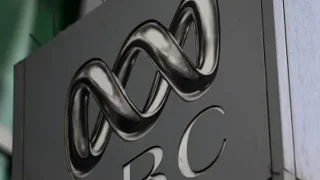
Striking a balance between state funding and religious autonomy is the latest challenge for church-based welfare agencies. Church-based welfare agencies risk losing their autonomy if they accept government contracts to perform welfare services.
As the funds from state contracts begin to constitute the bulk of the financial resources of church welfare groups, the culture of these organisations changes – for the worse. They could find themselves developing into pseudo-state organisations which cater to the state's welfare priorities rather than following their own agenda.
This is not to say that church bodies should not engage in welfare work – in one sense the devolution of welfare activities from state to church bodies should be applauded.
There is, however, much evidence to suggest that government contracts gradually corrupt the culture of church welfare groups.
The main risk is that churches will be forced to dilute their message to avoid losing state funding. Already, the Human Rights and Equal Opportunity Commission has issued guidelines that, if they had any legal force, would severely compromise the ability of church welfare bodies which have accepted such contracts to maintain their integrity.
Government welfare contracts could turn out to be Trojan horses, whereby quasi-judicial commissions and boards start telling churches what are 'core' and 'non-core' religious activities – this is unacceptable.
Samuel Gregg is a moral philosopher and Resident Scholar at The Centre for Independent Studies. He is also Director of the Centre’s Religion and the Free Society research program.









